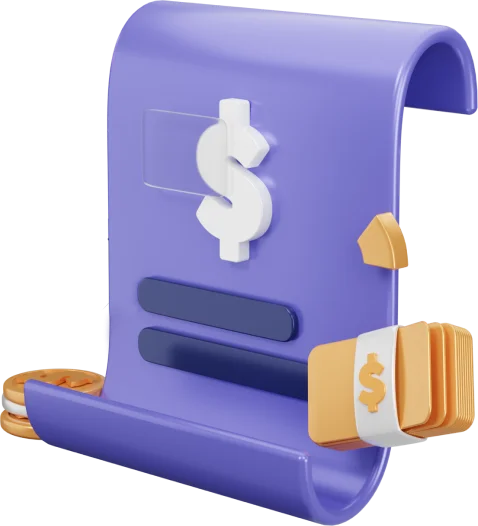Futures trading involves speculating on the future price movements of various assets, including commodities, currencies, stock indices, and interest rates. Futures trading can make money through several strategies and techniques that capitalize on price fluctuations and market dynamics.
Speculation:
One of the primary ways futures traders make money is through speculation. Traders attempt to predict future price movements and take positions accordingly. They may go long (buy) if they expect prices to rise or go short (sell) if they anticipate prices to fall. By accurately forecasting price movements, traders can profit from buying low and selling high or selling high and buying low.
Arbitrage:
Arbitrage involves exploiting price discrepancies between related assets or markets to make a risk-free profit. Futures traders may engage in various forms of arbitrage, such as cash-and-carry arbitrage, where they simultaneously buy the underlying asset and sell futures contracts, or inter-market arbitrage, where they exploit price differences between futures contracts traded on different exchanges.
Hedging:
Futures contracts are commonly used for hedging purposes to manage risk exposure in financial markets. Hedging involves taking offsetting positions in futures contracts to mitigate the risk of adverse price movements in the underlying asset. For example, a farmer may hedge against falling crop prices by selling futures contracts to lock in a predetermined selling price for their produce.
Leverage in futures contracts
Another way that futures traders make money is through the use of leverage. A futures contract typically requires only a small percentage of the total value of the underlying asset as margin. This means that traders can control a large amount of capital with a relatively small investment. While this amplifies profits, it also increases risk. Therefore, proper risk management is crucial for successful futures trading.
Options strategies:
Futures options give traders the right, but not the obligation, to buy or sell futures contracts at a predetermined price within a specified timeframe. Futures traders may use options strategies, such as straddles, strangles, and spreads, to profit from anticipated price movements or hedge against downside risk. Options strategies offer flexibility and customizable risk-reward profiles for futures traders.
Futures traders can make money through various strategies, including speculation, arbitrage, hedging, spread trading, scalping, and options strategies. Success in futures trading requires a combination of market knowledge, technical skills, risk management, and discipline. By implementing effective trading strategies and managing risk effectively, futures traders can capitalize on opportunities in the competitive futures markets.
